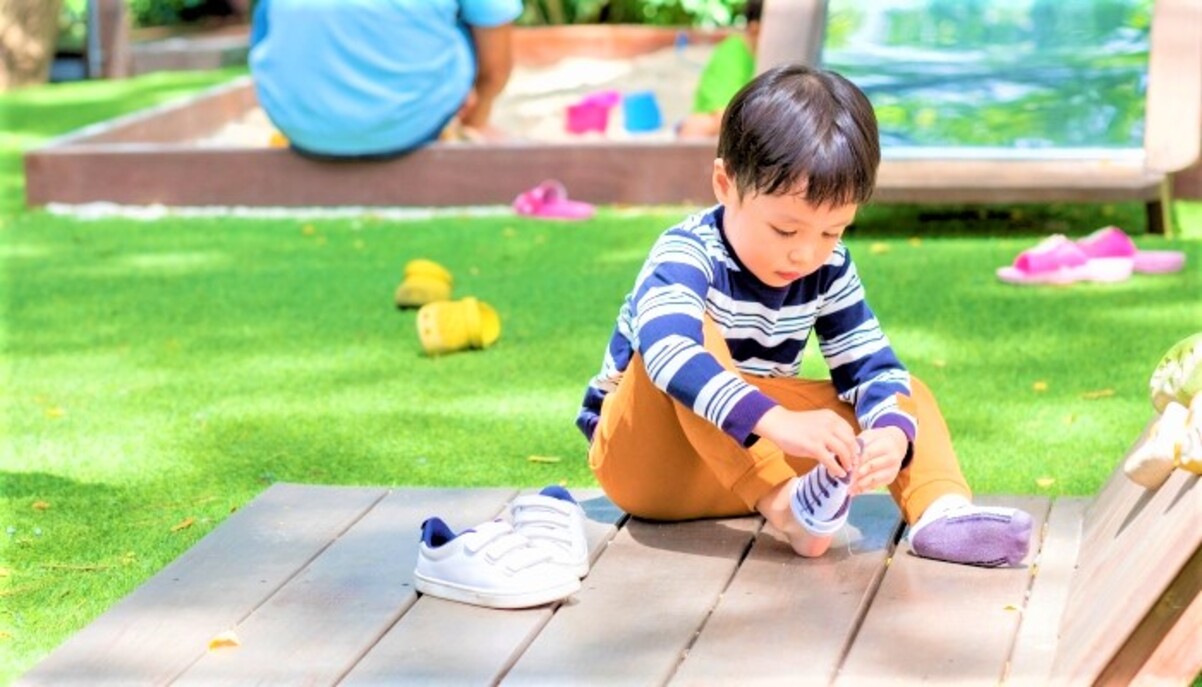Introduction
Parenting is a process, one that is challenging yet worthwhile. One of the most lovely and priceless gifts you can give your child is the ability to support herself. Independent children can take ownership of their thoughts and deeds as they mature, developing excellent judgment, self-assurance in their abilities, and self-motivation. They can also work with their parents based on love, support, guidance, and respect. Trying new things, taking on more responsibility, making their own decisions, and becoming independent enough to find out who they are and what they want to are all components of becoming separate for preteens and teenagers.
Creating an independent child is a crucial stage for your child’s maturity. Independent children perform their duties better. But when should a youngster start to grow independent? You can see the full photo on this blog.
The value of independence to children
Those of us who have raised autonomous children can witness the numerous advantages that our children receive, which will be helpful to them as adults. Success and pleasure are built on a foundation of competence and security as children.
Children must learn to be autonomous to mature into self-sufficient, competent individuals. For instance, it supports your child’s growth in self-assurance and problem-solving abilities, which can significantly impact her capacity to thrive in both school and life. Independence also helps kids develop character and learn to take responsibility for their preferred behaviours.
Here is a list of actions you may do to start relaxing and giving your children more freedom.
Up to prekindergarten
Set up a drop-off playdate.
This is great for helping your kids form independent relationships outside the home and giving them time away from your nosy antics. If your child attends school a few days a week and has established friends, she might be prepared. If you’re unsure, start with a neighbouring friend; if it doesn’t work out, you can always cancel.
Playdates are beneficial, but to help your child become more independent, you should treat them like any other date. This will give your child another opportunity to prove his independence and self-reliance. Playdates may expose you to the possibility of witnessing him enjoying fun unattended, making you lose faith in him and become overprotective.
Four years and older
Regardless of whether they stay away, send your child to camp.
What makes the camp such an Independent place? No parents exist! Day camps are open to children as early as Pre-K, and while some kids are more prepared for sleepaway camp than others, many kids feel ready to try it for the first time between the ages of 8 and 12. Your child will benefit much from attending camp in terms of developing their sense of independence.
He will be able to relate effectively to a peer group when school starts a year or two later since he will have to learn how to get along with kids and staff who are not you. Additionally, it lasts long enough for him not to feel overpowered by the experience. If he intends to attend a university, camp is also a fantastic way to prepare for college life’s independence.
Six years and older
Allow them to go for a few blocks on their own.
It seems like some places are safer than others. Some kids seem to have a higher propensity for carelessness than others.
If you’ve never let your first-grader go outside alone, letting her play in the front yard is an excellent place to start. If you haven’t already, this is a great chance to meet new people in your neighbourhood. As a result, you’ll feel more at ease sending your child to a friend’s house down the street, perhaps after sending the friend’s mother a message to look through the window. Increase your child’s capacity to walk to school or another frequent destination afterwards. She will become more independent as a result.
Seven years and older
Give them an assignment in the supermarket.
You are deciding which juice drink to purchase while you sit back and observe, counting money, and having conversations with others? Although it can seem like a routine activity to you, it is an independent and possibly even a life-changing experience for him.
Allow your child to choose any item from your family’s shopping list, such as his preferred flavour of Capri Sun (a 100 per cent juice drink), by moving forward to another grocery store aisle. Maybe you’re just watching him from down the hall, but he’ll feel more self-assured and independent as he approaches the shelves.
11–12 years of age
Drop them so they can spend time alone with their buddies.
This is a great way to practice budgeting and maintain a schedule. If it feels too risky right now, start small. Take your junior high schooler and her pals to the movies or, if you prefer, let them explore the mall for an hour. This can aid in their independence outside of the house.




